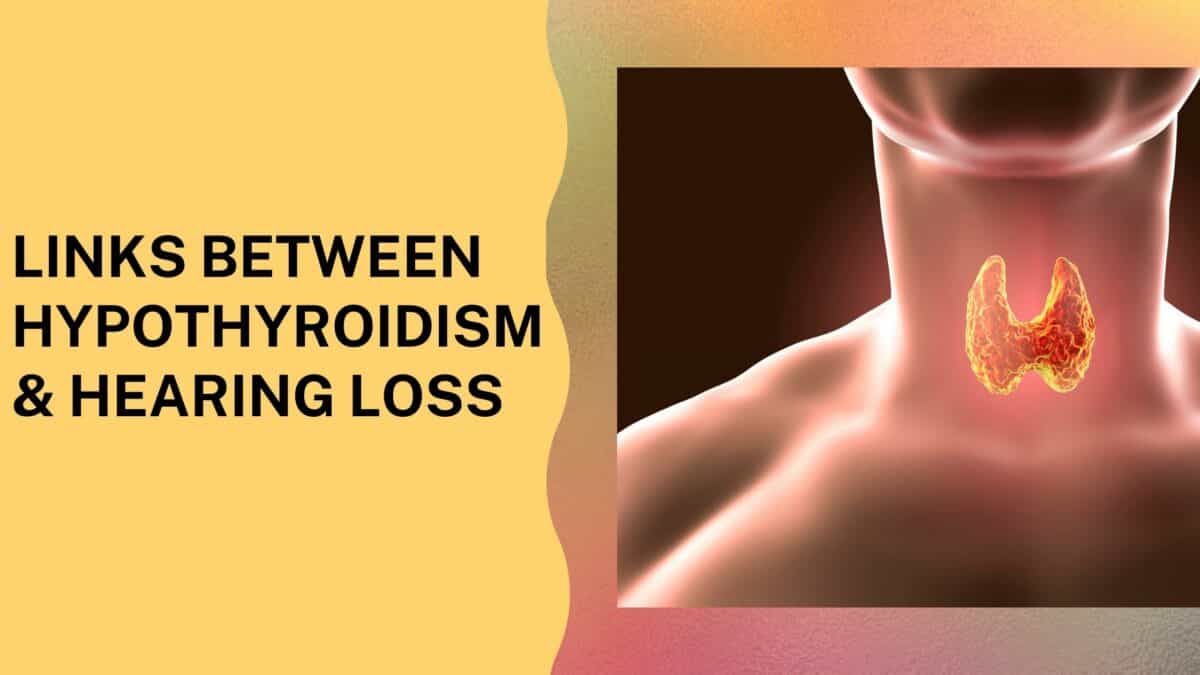If you or someone you know has suffered from a thyroid condition, you will be familiar with the mysterious nature of the organ and the crucial hormone it emits. The thyroid is responsible for regulating many systems in the body, and experts refer to its effect specifically on metabolism. Yet, metabolism is also a rather general descriptor for the bodily processes needed to maintain life.
The importance of the thyroid
Some of the functions of the thyroid (and metabolism) are to transform food into sugars that are used as energy at the cellular level, to take the oxygen from the air and to deliver it throughout the body through the bloodstream, and to make it possible to remove waste substances from the body. These chemical processes can happen faster or slower, and this speed is referred to as the metabolic rate. The thyroid gland and the hormones it secretes are responsible for monitoring and regulating the rate of these various processes in the body.
If a person has a high metabolism, they can quickly transform food into usable energy and discard the excess as waste. Someone with a slow metabolism takes a long time to remove nutrients from food, leading to excess storage in the body. However, you might think first about weight gain when you think of metabolism.
Problems with the thyroid
With such an important yet diffuse function in the body, you will not be surprised that thyroid disorders can be challenging to understand. One clear piece of evidence is a goiter or a swollen thyroid gland. Although it may look unsightly, even this visible evidence may be harmless.
Generally, two conditions can affect the thyroid: hyperthyroidism and hypothyroidism. In the first case, the gland produces excess hormones, speeding up the chemical processes that transform substances in the body. In the latter case, hypothyroidism, the gland does not produce enough hormones to regulate the chemical reactions efficiently. Without enough driving these many body processes, undue strain can have harmful effects.
The connection between hearing loss and hypothyroidism
How does hearing relate to hypothyroidism, you might ask? The two conditions can be linked by an undersupply of oxygen and nutrients to the ears.
When the thyroid underproduces hormones that regulate the speed of chemical transformation, the body’s organs may suffer from the deficiency. In the case of hearing, the tiny hairs of the inner ear rely on power from the bloodstream to continue their nuanced work of hearing. If they are deprived of oxygen or other essential substances, these tiny hairs can be irreparably harmed. In this way, hypothyroidism can lead to hearing loss even though the two physiological systems seem like they could not be more distinct.
Although it is more common for hypothyroidism to affect hearing, including through the related Hashimoto’s Disease, hyperthyroidism can also be linked to hearing loss. A condition called Grave’s Disease that leads to hyperthyroidism has also been linked to conditions such as hearing loss, tinnitus, and balance disorders located in the ears. Although more research is necessary to understand these relationships, particularly between hyperthyroidism and hearing loss, the scientific community continues to understand the connections in more detail.
Be vigilant about the warning signs of hyperthyroidism
If you have noticed some systemic changes in your energy levels that seem random yet are linked throughout the body, you may have a thyroid condition. For instance, if you are more tired than usual, have muscle weakness, and seem to gain weight while consuming the same amount of food, as usual, hypothyroidism may be the culprit.
Although these conditions are tricky to diagnose, there are solutions for thyroid conditions, and the effects can be remarkable. Although it might seem unrelated at face value, you might even be doing something to preserve your hearing by seeking out help with a metabolic or thyroid condition. You might find out that a single factor links together many symptoms throughout the body, and the thyroid gland is just such a guiding force.
Only your doctor can diagnose your condition, so don’t delay making an appointment if you feel like a thyroid condition may be responsible for some symptoms you experience.
In the meantime, if you notice problems with your hearing, don’t hesitate to contact us at My Hearing Centers for a hearing test.


